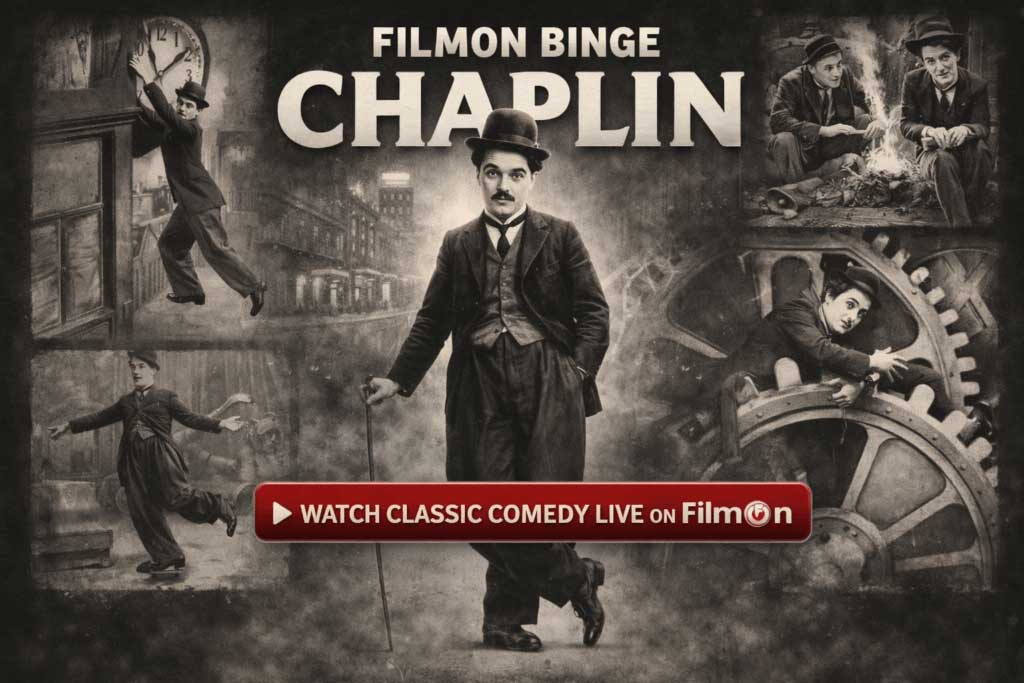F. Scott Fitzgerald’s iconic novel, "The Great Gatsby," celebrates its centennial year, having transformed from a lukewarm reception upon its 1925 release to a cornerstone of literary study and pop culture. Initially dismissed with lackluster reviews, it has since captivated audiences, especially in the decades following World War II.
The narrative's depth is evident; it's not just a "Great Book," but one that pairs profound themes with sheer enjoyment. At just under 200 pages, "Gatsby" is an engaging read that can be devoured in a single afternoon, perfect for a rainy day or a long journey. From the outset, the character of Jay Gatsby emerges shrouded in an intriguing veil of mystery and glamour, capturing readers' curiosity.
Romance is woven throughout Gatsby's pursuit of his lost love, Daisy, now married to the unlikable Tom Buchanan. This love story navigates the choppy waters of modern materialism, contrasting Gatsby's pure intentions against the backdrop of a world rife with contradictions. This interplay of noble aspiration and sordid reality brings depth to Fitzgerald’s satire.
A poignant humor runs through the narrative as well, with Fitzgerald’s sharp observations of societal flaws resonating through the generations. Characters like Tom, with his absurd notions, reveal the comedic buffoonery inherent in the elite class.
Fitzgerald’s mastery of language further elevates "The Great Gatsby." The novel’s shifts between wit, haunting lyricism, and deep reflection contribute to its enduring appeal. His final poignant line, depicting humanity's struggle against time, stands out as a testament to his literary legacy, solidifying "Gatsby" as a timeless classic that continues to engage and entertain readers a century later.






















